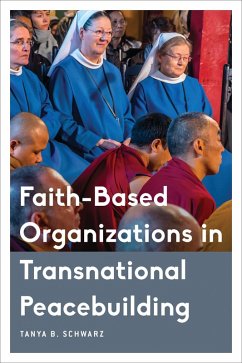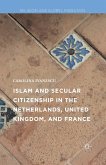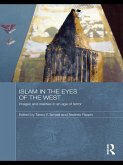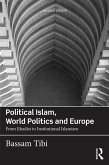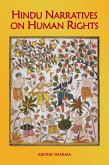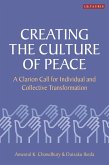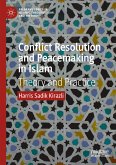How do faith-based organizations influence the work of transnational peacebuilding, development, and human rights advocacy? How is the political role of such organizations informed by their religious ideas and practices? This book investigates this set of questions by examining how three transnational faith-based organizations-Religions for Peace, the Taizé Community, and International Justice Mission-conceptualize their own religious practices, values, and identities, and how those acts and ideas inform their political goals and strategies. The book demonstrates the political importance of prayer in the work of transnational faith-based organizations, specifically in areas of conflict resolution, post-conflict integration, agenda setting, and in constituting narratives about justice and reconciliation. It also evaluates the distinctive strategies that faith-based organizations employ to navigate religious difference. A central goal of the book is to propose a new way to study "religion" in international politics, by actively questioning and reflecting on what it means for an act, idea, or community to be "religious."
Bitte wählen Sie Ihr Anliegen aus.
Rechnungen
Retourenschein anfordern
Bestellstatus
Storno

